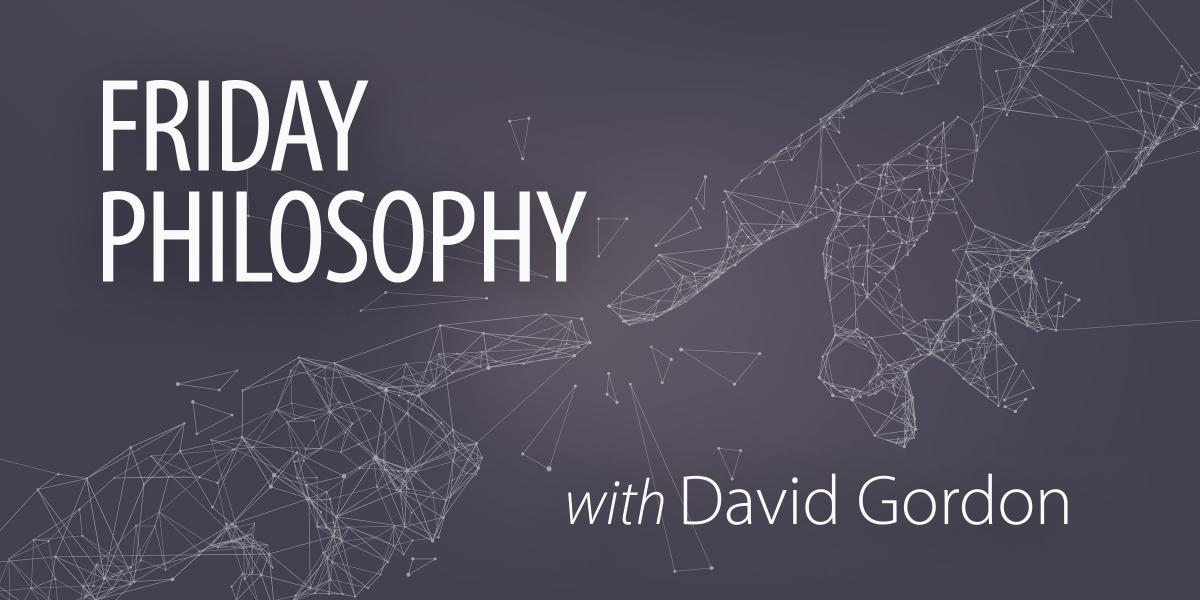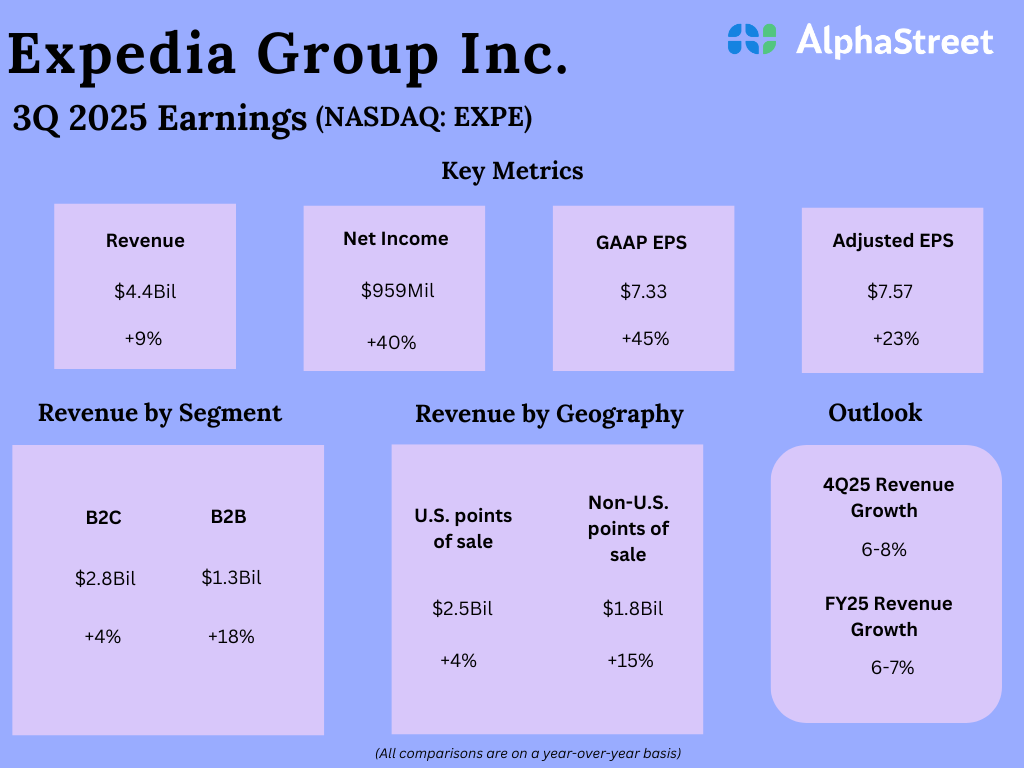Pat Buchanan’s recent birthday leads me to speculate: how much better would we be today if he had been elected President in 1992 rather than George H.W. Bush? He would have avoided “Operation Desert Storm” against Iraq, with all its disastrous consequences for us ever since. He was wrong about tariffs, but, as Murray Rothbard always said, war is the most important issue, and Pat Buchanan was a strong non-interventionist. That’s why he supported Buchanan.
Even more controversially than his opposition to the Iraq War, Buchanan believes the United States should have stayed out of World War II. That’s enough to elicit cries of horror from the neocons and their ilk, but the case for non-intervention can be supported from a surprising source. This is what lawyers call “an admission against interest.”
Robert Kagan is one of the most vigorous supporters of an “ideological” American foreign policy. America, in his view, should extend the blessings of liberal democracy worldwide and, in doing so, we necessarily act as a hegemonic power in the present circumstances—not, he hastens to add, so that we can, for selfish motives, dominate the world but rather to ensure the spread and maintenance of a liberal world order.
You would scarcely expect someone with these views to argue that the America First Committee and other non-interventionists—who wanted the United States to stay out of World War II—had a plausible case for their position, but this is indeed what Kagan does in his excellent article “War and the American Hegemony,” published online in Liberties. In it, Kagan presents the non-interventionists’ argument in as persuasive a way as I have ever read.
To be sure, his doing so does not signal a change in his position—far from it. To the contrary, his argument is this: almost everybody now regards World War II as “necessary”; given the Japanese attack on Pearl Harbor and the German declaration of war on America, we had no choice but to get involved. Foreign policy “hawks” think that other wars are also necessary and should thus be supported, while “doves” deny this. Doves hold that almost all wars except World War II are “wars of choice,” not necessity, and hence best avoided. Kagan endeavors to undercut the latter contention by, in effect, saying to contemporary defenders of caution, “You admit that it was right to get involved in World War II, but it wasn’t, as you say, a war of necessity. It was an ideological war of choice, and a successful one too. You should acknowledge that the distinction between wars of choice and wars of necessity is untenable and support American global hegemony.”
Kagan says that the anti-interventionists argued in this way:
Those many Americans who opposed American involvement in Europe and Asia in the late 1930s and early 1940s certainly did not believe the war was necessary. This was not because they were ignorant of the potential risks posed by Hitler and the Japanese Empire. The America First Committee…launched itself in September 1940, three months after the unexpected conquest of France by the German blitzkrieg. Its founders understood the implications of France’s defeat. They not only believed but predicted that Britain would be the next to fall, leaving the United States without a single meaningful ally in the European theater.
This was hardly a desirable situation; why, then, did the America First Committee in the face of it advocate staying out of war? The anti-interventionists’ main practical argument was that even in those direst of international circumstances, American security was not immediately or even prospectively threatened. By virtue of its wealth, its strength, and, above all, its geography, the United States was effectively invulnerable to foreign attack. Those who held this view were not benighted cranks, nor even the well-respected men and women who led the America First movement. It was conventional wisdom among the nation’s leading foreign policy and military experts in the late 1930s.
You might object that this point doesn’t overthrow the claim that World War II was a necessary war. After all, the Japanese attacked the United States, and Germany supported its Axis ally by declaring war. Kagan responds that neither Japan nor Germany sought war with the United States and that there would have been no war had America allowed these powers to proceed with their expansionist plans. Kagan writes:
In retrospect it is clear that the Japanese would have preferred not to go to war with the United States, certainly not in 1941 but perhaps ever. Japanese military leaders did not even believe they could win a war with the United States absent divine intervention or a failure of American will. As the anti-interventionists pointed out, the Japanese would not have attacked Pearl Harbor had the Roosevelt administration not attempted to use its economic and diplomatic influence to try to block or slow Japanese expansion on the Asian mainland (and had Roosevelt not decided to place the U.S. Pacific Fleet there as a supposed deterrent). And if Japan had not attacked when it did, Hitler would not have declared war on the United States when he did. In 1941 Hitler was actually trying to avoid pulling the Americans fully into the Atlantic war, despite Roosevelt’s deliberately provocative and aggressive expansion of the U.S. Navy’s role.
Why, then, did the United States embark on a policy of confrontation with Germany and Japan? Kagan argues that it was for ideological reasons. President Roosevelt and other “liberals” did not want to live with fascism dominant in Europe and Asia but wanted instead to help secure a liberal world order. Kagan argues,
In his State of the Union address in January 1939—months before Germany’s invasion of Poland—Roosevelt barely talked about national security per se. He talked about belief and principle. “There comes a time in the affairs of men,” he told Americans, “when they must prepare to defend, not their homes alone, but the tenets of faith and humanity on which their churches, their governments and their very civilization are founded. The defense of religion, of democracy and of good faith among nations is all the same fight. To save one we must now make up our minds to save all”… Roosevelt and other Americans believed that preserving American democracy—the ultimate American “interest”—required a global balance of power that favored liberalism.
Opponents of intervention responded that it was imperialistic to endeavor to remodel the world in America’s image: “To do so was more than a mistake, the anti-interventionists believed. It was immoral and contrary to American traditions and principles. Americans’ refusal to accept the world ‘as it is’ amounted to a form of imperialism.”
Kagan agrees that the interventionists were imperialistic but maintains that a form of imperialism based on American values was the proper policy aim then and remains so today. In assessing Kagan’s case, two points ought to be borne in mind. First, though the Nazi regime of the 1930s was evil, the exigencies of world war worsened it extraordinarily. Second, in Kagan’s account of the war as a struggle between liberty and tyranny, there is no mention of Soviet Russia. Roosevelt and like-minded “liberals” turned a blind eye to the many massacres perpetrated under Joseph Stalin. Whether the best way to promote America’s values was to aid and abet Soviet power in Europe and Asia is a question Kagan doesn’t address.
























